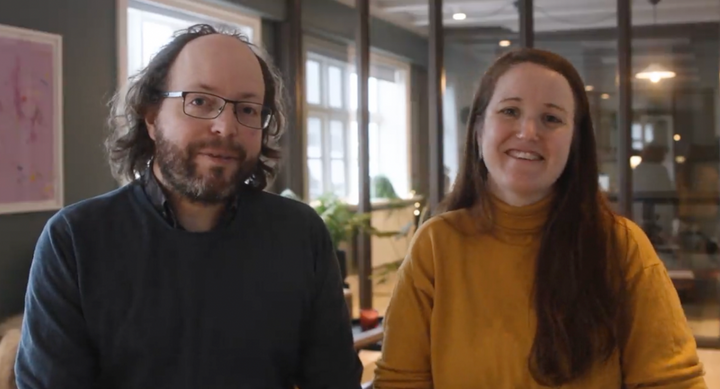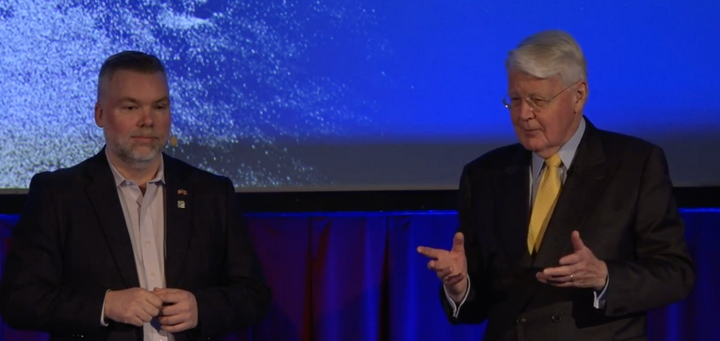Important legal changes happening for Icelandic VC's, and notes on Slush PLAY
This post was originally part of the Northstack Memo, our weekly commentary newsletter. You can sign up here.
Iceland doesn’t have venture capital association to lobby on behalf of Icelandic VC’s, which might be one of the reasons an important exemption wasn’t extended. I wrote about this back in April:
Raising funds became harder this year
On January 1st 2016, special exemptions for pension funds that allowed them to own up to 20% in a SLHF ran its course. Without the exemption, they can only own 15% of a given fund. That small drop means GP’s need more pension funds on board than before to raise a fund. That’s bad, because in Iceland, pension funds are the biggest pool of investors in venture capital.
One of the VC’s I’ve discussed the issue with, said it would be “very hard, if not impossible” to raise a new fund.
Six months later, the Ministry of Finance includes a provision in a new bill on pension funds to increase this limit to 20%. The change would fix this number at 20%, and not require parliament to extend exemptions every year, like it did the 10 or so years before.
This is obviously great news for Iceland and Icelandic VC. GP’s raising a fund won’t need seven participating pension funds (which is hard), so raising should be easier. That said, I believe asset managers at pension funds will want to see some successes (that is exits) before they pour more money into the VC market.
Slush PLAY and the future of VR in Iceland
Yesterday I wrote about Slush PLAY and its future:
Slush Play, second edition, showed that it’s possible to bring VR and gaming professionals from all over to Iceland. The schedule was full, interesting, and diverse. In addition to bringing people to Iceland, the event brought together the local industry for a two-day extravaganza. I foresee two important functions for the event going forward.
Firstly, as speakers mentioned, we might very well enter a desert walk in the next years. Fewer investments and less general interest. It’s part of the classic hype cycle, and the Icelandic community should be prepared for it. Continuing the event and growing it all the way through the desert is important. That way, when VR is closer to mainstream, one of the most relevant events will be in Iceland. Because when VR gets closer to mainstream, VR events will pop-up all over. Having a 5 year-old proven event happening in Iceland competing for attention will be a great asset for the Icelandic community.
Sorry for the long quote, but I think this is an important point. For an area to become a relevant place in any technology in the long run, it has to achieve competitive advantage. That requires a lot of factors, which I think can generally happen in two ways:
a) Naturally: The area’s industry has the necessary factors to have achieve competitive advantage. This can be gauged using tools like Porter’s five forces. If the requisites arise naturally, like has happened in Iceland’s seafood industry, the area has a good chance of reaching competitive advantage.
b) With focus: The area’s stakeholders decide to focus on that technology, putting resources into building local expertise, infrastructure, and opportunities (like Singapore did with biotech). In the case of VR in Iceland I think this will be necessary. The reason is that we won’t be able to build a competitive advantage the natural way. That would require us to have forces like hardware producers and demanding consumers, neither of which we have (at the moment).
So – until we’re there, I guess we’ll have to continue putting effort into it, and fake it till we make it 🙂




